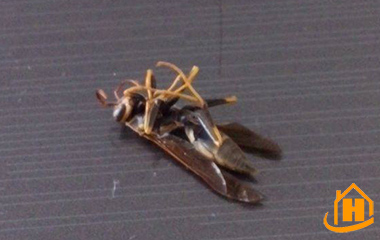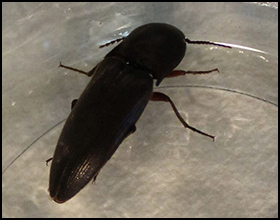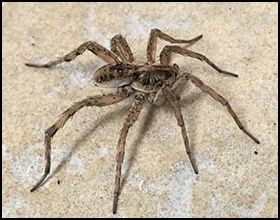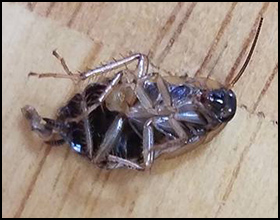Home Pest Control of Durham
Welcome to Home Pest Control of Durham! We are North Carolina pest control specialists. We offer both residential and commercial extermination services in Durham. We handle all common pest insects in the area, including: Termites, Ants, Bed Bugs, Cockroaches, Spiders, Palmetto Bugs, Mosquitos, Silverfish, Centipedes, Millipedes, Carpenter Bees, Dust Mites, Spider Mites, Fleas, Lady Bugs, Drain Flies, Indian Meal Moths, Yellow Jackets, Brown Recluse Spiders, Black Widow Spiders, Ticks, Pillbugs, Earwigs, and rodents such as rats and mice. We offer a range of affordable pest management services, including complete interior coverage of your home or building, and complete exterior coverage of your house and lawn. We pride ourselves on our polite and courteous customer service and our excellent results. Give us a call any time to find out more about our prices for pest control work and to schedule an appointment, usually within the next day. We look forward to hearing from you.

Residential / Commercial

Complete Insect Extermination

Property Services
Call 24/7 to discuss your pest problem.
Same-day or next-day appointments.
32-point inspection of your property.
Written estimates for pest project.
Fully state licensed and insured.
Complete Bed Bug treatment and removal.
Complete termite tenting and erradication.
Control of ants, spiders, stinging insects.
100% permanent rat and mouse control.
Quarterly and monthly maintenance programs.
Our Service Range - 919-887-6590



Do Ants Have Wings?
Because most ants crawl on the ground, seeing a flying ant can leave people with a lot of questions. For example, do all ants have wings and what benefit do they get from flying? Today, we'll try to answer these questions as we discuss why ants have wings.
First, let's talk about why you sometimes see swarms of flying ants. Making flying ants is an essential part of the ant's reproductive cycle, allowing them to establish new colonies. The time that the colony starts to produce flying insects depends on factors like the amount of rainfall the area has received and the temperature. However, one of the biggest factors is the temperature, with most species producing flying ants during spring and fall. Additionally, it is common for a single colony to produce thousands of flying ants. They need such large numbers of ants because of the number of predators that they face. For example, it is common for them to be eaten birds. In addition, many will die because they can't find food or water. These two factors combine to severely limit the number of flying ants that survive to start their own colonies. Now that we know a little more about why you see swarms of ants, let's look at what type of ants get wings.
There are many different types of ants working in a colony and each has a specific function. For this reason, only some ants get the ability to fly away and start a new colony. Only the reproductive ants get their wings. This means that the foraging ants, the most common type of ant, won't be affected by the mating season. When they are flying, these reproductive ants are essentially harmless. Eventually, if they find a suitable site the female will lost its wings and mate with the male. Because the male has such a short life span, it will die a few months after. The female will then have eggs and establish the population for a new colony. You might want to consider acting if you spot a winged variety of a damaging species near your home. This indicates that these ants are expanding their area, indicating that they might become a problem in the future if you don't act to control the population. It might also become a problem if you spot winged ants entering your home, as you don't want them establishing a colony in your house. If you do need to act, baiting is usually the most effective at controlling the ant populations.
Flying ants can confuse many people, as they are used to seeing the foraging ants walking along the ground. Hopefully, this article has helped explain why you see swarms of flying ants. It is also hoped that you will have a better understanding of which type of ants can get wings. By understanding why you see flying ants you will be better able to determine what, if any, action you should take to protect yourself and your property.

